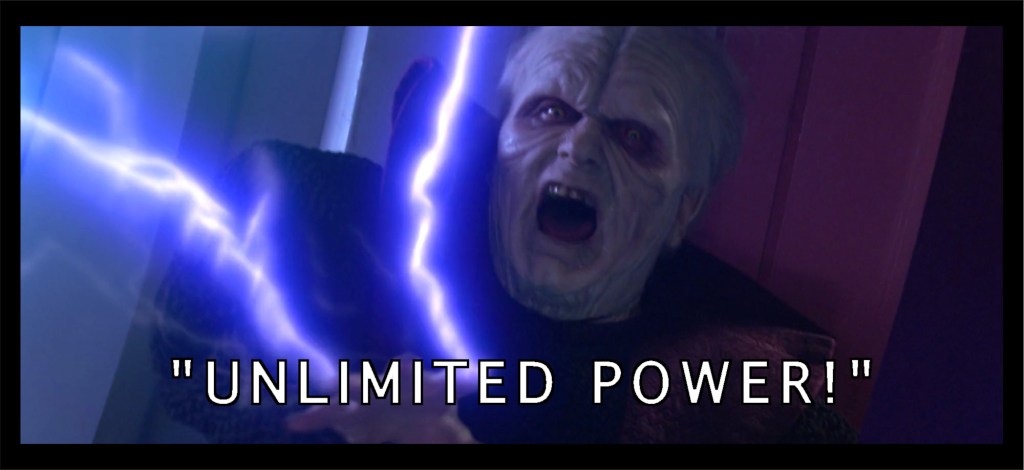1. The modern world feels like being walled up in an asylum that’s been taken over by the inmates. Except the inmates are not just insane, but smug, sanctimonious, and completely disconnected from reality.
2. Collective ownership cannot work as a system for multiple reasons, but chiefly because someone has to enforce the collective ownership, to arbitrate between competing claims. If Brother John and Brother Francis both want to use a certain part of the abbey’s garden, then it falls to Abbott Tuck to decide who has the better claim. But this means that it is Abbott Tuck who, in practical terms, owns the garden, since he is the one who exercises decision making authority over it, which is what ownership means.
Ownership by all only every means – only ever can mean – that one owns in the name of all.
3. Ownership means authority – the ability to make decisions relative to a particular object which others are morally obliged to respect. If I own a computer, that means I have the right to decide what software I’ll put on it and what use I’ll put it to. If I use a computer owned by someone else – say, my employer – then I not have the right to exercise decisions of what software will and will not be installed on it or what use it will be put to, except by permission of the rightful owner.
‘Ownership’ only means a form of transferable authority. I can sell or give away my computer. But if I exercise other forms of authority, as, say, a father, I can’t sell or give away my children (I haven’t worked it out completely, but as of right now I think that is the chief distinguishing feature of ‘ownership’ as opposed to other forms of authority).
Equal authority means no authority: if two parties exercise equal decision making powers over any one thing, that means that each can make decisions regarding that thing which the other is obligated to respect. Which means that each can cancel out the other’s decisions at any time. Meaning, effectively, neither has any rights relative to the other with regards to this particular thing. If it becomes necessary to make an actual decision, then either one or the other’s authority must be recognized as higher or one with a higher authority than either must settle it.
4. I think most us recognize this regarding ownership of property. The question is, why do we think ownership of the government is any different?
One of the liberal mantras is “the government doesn’t own the people, the people own the government.” Okay, but at the same time we know collective ownership does not work. So, the government is actually owned by whoever is in charge of arbitrating the people’s decisions. Which is to say…the government. But a government that still claims to represent ‘the people’ (which is even more ridiculous when you remember that, by its nature, a representational government can only represent a portion of the people, since if it’s elected, that means a significant portion of the people voted against it) and so to be acting in their name.
This pretext of a state being the expression of the people’s will means that anyone who opposes it opposes ‘the people.’ A government with pretensions of being ‘of the people, by the people, and for the people’ will hold that anyone who opposes that is against the people (and how does this square with the fact that, when this was said, a large chunk of the people were actively fighting to escape the said government? Do they simply not count as being among ‘the people’? I’m actually a Union partisan, but I bring it up to illustrate how ridiculous the whole ‘rule by the people’ idea really is).
Again, collective ownership means that some own as if there were all. And “power to the people” only ever means “Power to some people as if they were all the people.”
Or in other words:

I wonder how this applies to interpersonal relationships (between co-equal members of a larger set, for example).
LikeLiked by 1 person
Speaking offhand, I think it would simply be a non-factor. If we have, say, two soldiers of the same rank trying to make a decision, then authority simply doesn’t enter into it; one can’t *order* the other to follow his advice. In such a case one either has be convinced or give way for personal reasons or simply not follow along. But if he chose the latter, he would not be guilty of disobedience.
Of course, in normal, healthy interpersonal relationships, authority isn’t usually invoked. If you have two friends, I don’t think you could say either has authority over the other, barring external factors (e.g. if an employee is also personal friends with his employer). Such things would be settled by discussion or by one giving way for affection’s sake or some other personal reason.
The problem comes in trying to make that the standard of all human interactions, including ones where there is not and cannot be any such personal factors, or where even if there are any they could easily contradict one another (such as when considering an entire community).
LikeLiked by 1 person